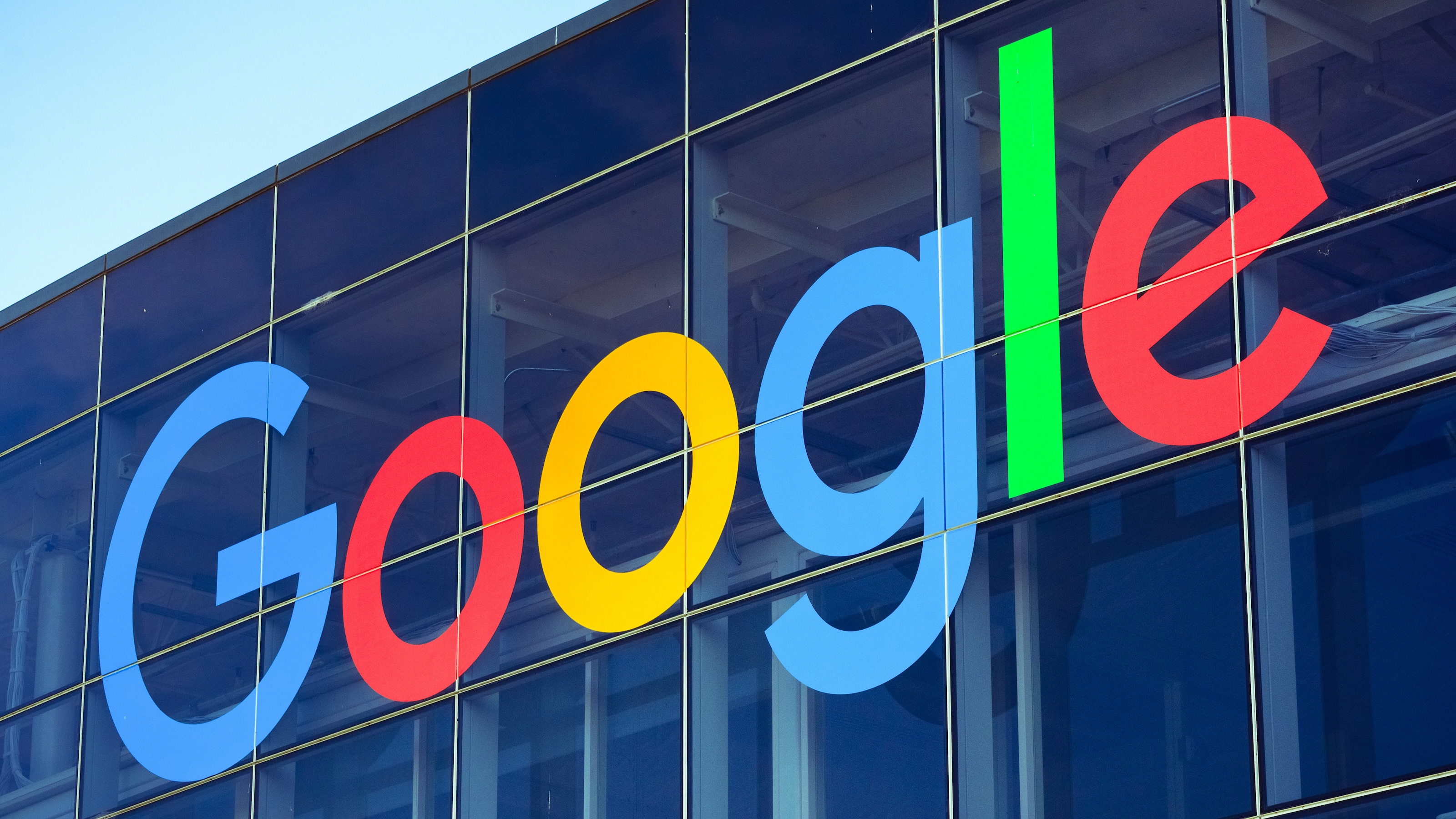Bob Guccione, Jr. talks about how to capitalize on media convergence.
Guccione: Well… You know, it’s funny. It’s which side of the coin you’re looking at. Internet side is looking at the ultimate absorption of all television and all life like a big black hole. I don’t think it’s like… I don’t think it’s going to be like that. Television is looking at as the absorption of the Internet, because in effect, TV has realized, hang on, we have the greatest content possible. We have really good video, as opposed to really crappy video on most of YouTube or wherever. And people are really coming to see clips of our shows or whole shows. So in effect, we’re already going to be a dominant position on the Internet. Secondly, the technology now exist or has existed for a while, I guess, they now figured out how to use it. For a cable box at your home, to pick the room to deliver that. So if the kids watch upstairs and the cable box can tell because of the number of programs that are youth orientated, they can sell an ad to that room in that house. Whilst the parents are obviously watching downstairs, they can tell about the new shows or the more adult shows, and they can deliver different ad in the same program. So, actually, both rooms could have the same TV show on and get different ads delivered to the rooms in that house. So now, the TV can do that is doing, in effect, a better job of what the Internet was doing very well, which is aiming directly at an end user. So I think that changed the landscape a lot. The answer to convergence thing is they could be true convergence. I think it’ll be a lot more of both on each other. I think Internet will be on television. I think television will be more dominant on the Internet. Print, which still fascinates me and I’m probably 20 years away from retiring, but those 20 years will probably be mostly print oriented or print based for me, I think print will take advantage of both. Television is going to need more content. It’s spreading even thinner, like a [IB] ink blot spreading across the universe. And some of the best talent and some of the best stories are appearing first in print and I think you’ll find more of that turning up on television and the Internet simultaneously with very slight modification for which medium delivers it. So I think there will be a sort of general convergence of all three.
Question: Could Penthouse have survived the Internet revolution?
Guccione: My first advice would’ve been that the print magazine had gone of its rails and it failed to recognize that times have changed. It was no longer a novelty to see erotic pictures. Forget the fact that you could see erotic pictures in motion on the Internet. That wasn’t it, it was the novelty and the need to see it had long gone. My father started that magazine not long after and have started it exactly around the time that National Geographic was considered erotic ‘cause it printed nude tribal women from Africa. And so you’re putting context, that’s where the stuff all came from. It arrives in the post-AIDS age of the mid-80s when it’s just… it’s just not new. Eroticism was not new in a graphic way. Something like Maxim and Loaded before in England, these things were new. They were sexy, they were saucy, they were cheeky, but they had editorial about the rest of men’s interest as the dominant part of the magazine. And I think Penthouse needed to shift in that direction. Maxim should never have come along. Penthouse should have usurped it. Now, the web, nonetheless, is clearly an awful lot of people going to see eroticism on the web. Penthouse could’ve provided that, I think. And I don’t think it needed to have gone as hardcore as it did because, I think, it sort of stained the overall company. I would take the magazine as very mild, far more fun a lot than Maxim or Loaded, and I would’ve taken the web to be whatever… almost subscription [what we hope] people wanted. You know, again, you’re asking me to advise my dad, which I really desperately wanted to do [post facto] that it’s not important. We’ve had some of these discussions, he agrees with some of that, doesn’t agree with a lot of them. And my old man’s a genius so… When he doesn’t agree with me, I wonder. Maybe he saw something I didn’t.





